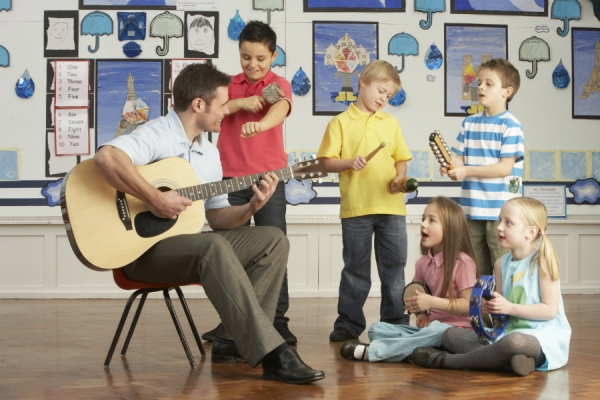The same thinking applies to grammar schools which herd bright children into well-stocked classrooms when they would have achieved good results almost anywhere they went. Yet the government persists in this form of a nostalgic sop, offering £50m to bolster a discredited system. There are better things to spend money on when class sizes are rising and teacher numbers shrinking.
Ministers could also make some cash available to make a flagship policy work. By 2025 nine-tenths of students are meant to be entered for an “English baccalaureate”. Pupils are to be steered towards subjects judged to be crucial to a child’s education. However, when overlaid on schools’ budgets shrinking in real terms, the policy narrows an education rather than broadening it. Incessant budget cuts to state schools mean they are being obliged to offer fewer options, consolidating teaching around the designated core subjects: English literature, English language, maths, two or three sciences, history or geography, and a foreign language. There’s no money for anything else.
The obvious problem is that the Ebacc excludes every single arts subject. Take-up of these subjects is dropping by the year. In 2016, 41,850 took music at GCSE; in 2017, 38,750. Take-up of art dropped from 172,550 to 165,100, and of design and technology from 175,150 to 156,300. Local authority cuts are making the picture worse by hitting extracurricular provision of arts education: in East Sussex, for example, young people have taken to the streets to protest against the closure of the music service that provides instrumental lessons to 7,000 children. This kind of move is a disaster for children, as any private-school headteacher would agree – independent schools compete on the quality of their theatres, their orchestras, recognising the value of the arts for children’s personal enrichment, self-confidence and leadership skills.
English artists have been battling the Ebacc for years, presenting their arguments to the consultation process in 2015-16 and meeting ministers. They have been ignored, but they continue to make their case: they are desperately worried that the potential of the next generation of composers and visual artists is being choked off before it can be recognised, let alone nurtured. This makes no sense, especially in a nation in which the arts are an unequivocal success story. Earlier this week, a large group of artists signed a letter to the Guardian pleading with the government to rethink. They argue that the Ebacc will damage schoolchildren. It will also damage the country. It must be rethought because, like the argument against grammar schools, England’s future – in the arts and elsewhere – cannot be left to the privileged few.







